Academy for Adolescent Wellness

Overview
Academy for Adolescent Wellness is an accredited mental health treatment center that provides outpatient treatment for men from 16 and 65+ years of age. As part of their special programs, Academy for Adolescent Wellness treats clients with co-occurring mental and substance use disorders, members of military families, and clients who have experienced trauma. To help patients achieve sobriety, Academy for Adolescent Wellness provides intake assessments. Afterward, patients receive couples/family therapy, group counseling, and cognitive behavioral therapy during treatment. Academy for Adolescent Wellness is located in Fort Lauderdale, Florida, providing treatment for people in Broward County, accepting cash or self-payment, medicaid, and private health insurance.
Academy for Adolescent Wellness at a Glance
Payment Options
- Cash or self-payment
- Medicaid
- Private health insurance
- Federal military insurance (e.g., TRICARE)
- IHS/Tribal/Urban (ITU) funds
Assessments
- Comprehensive mental health assessment
- Comprehensive substance use assessment
Age Groups
- Children/adolescents
- Seniors
Ancillary Services
- Intensive case management
- Case management service
- Court-ordered outpatient treatment
- Family psychoeducation
- Integrated primary care services
Highlights About Academy for Adolescent Wellness
6.68/10
With an overall rating of 6.68/10, this facility has following balanced range of services. Alcohol Rehabilitation: 8.00/10, Drug Rehab and Detox: 6.00/10, Insurance and Payments: 6.00/10, Treatment Options: 6.73/10.-
Alcohol Rehabilitation 8.00
-
Treatment Options 6.73
-
Drug Rehab and Detox 6.00
-
Insurance and Payments 6.00
Accreditations
The Joint Commission:

The Joint Commission accreditation for addiction and behavioral health is a prestigious recognition signifying a facility's commitment to delivering high-quality care and safety for individuals dealing with substance abuse and mental health issues. It involves rigorous evaluations and assessments, ensuring patients receive evidence-based treatment and exceptional care. This accreditation demonstrates a facility's dedication to continuous improvement and ethical practices, building trust among patients and healthcare professionals seeking top-tier addiction and behavioral health services.
LegitScript:

Only after successfully completing a rigorous application process, programs and services achieve LegitScript certification. This process, which commenced in 2018, aims to qualify only reputable providers of mental health and co-occurring substance abuse treatment for inclusion on Google's network while ensuring compliance with HIPAA privacy laws.
Treatment At Academy for Adolescent Wellness
Treatment Conditions
- Mental health treatment
- Alcoholism
- Substance use treatment
- Co-occurring Disorders
Care Levels
- Partial Hospitalization Program
- Outpatient
Treatment Modalities
- Couples/family therapy
- Group counseling
- Cognitive behavioral therapy
- Dialectical behavior therapy
- Integrated Mental and Substance Use Disorder treatment
Ancillary Services
Special Programs
- Clients with co-occurring mental and substance use disorders
- Members of military families
- Clients who have experienced trauma
- Children/adolescents with serious emotional disturbance (SED)
- Persons with post-traumatic stress disorder (PTSD)
Get Help Now
Common Questions About Academy for Adolescent Wellness
Contact Information
Other Facilities in Fort Lauderdale
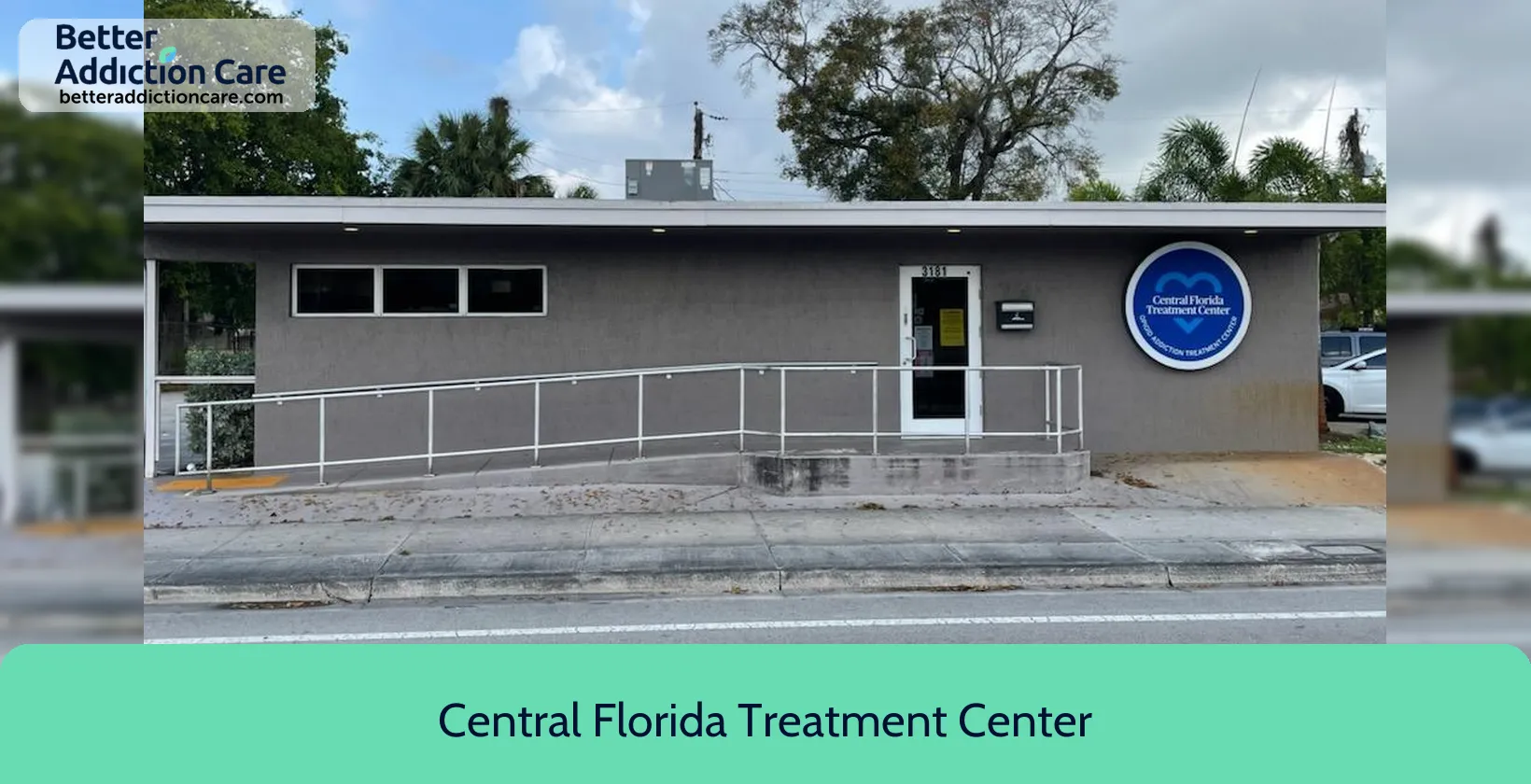
7.17
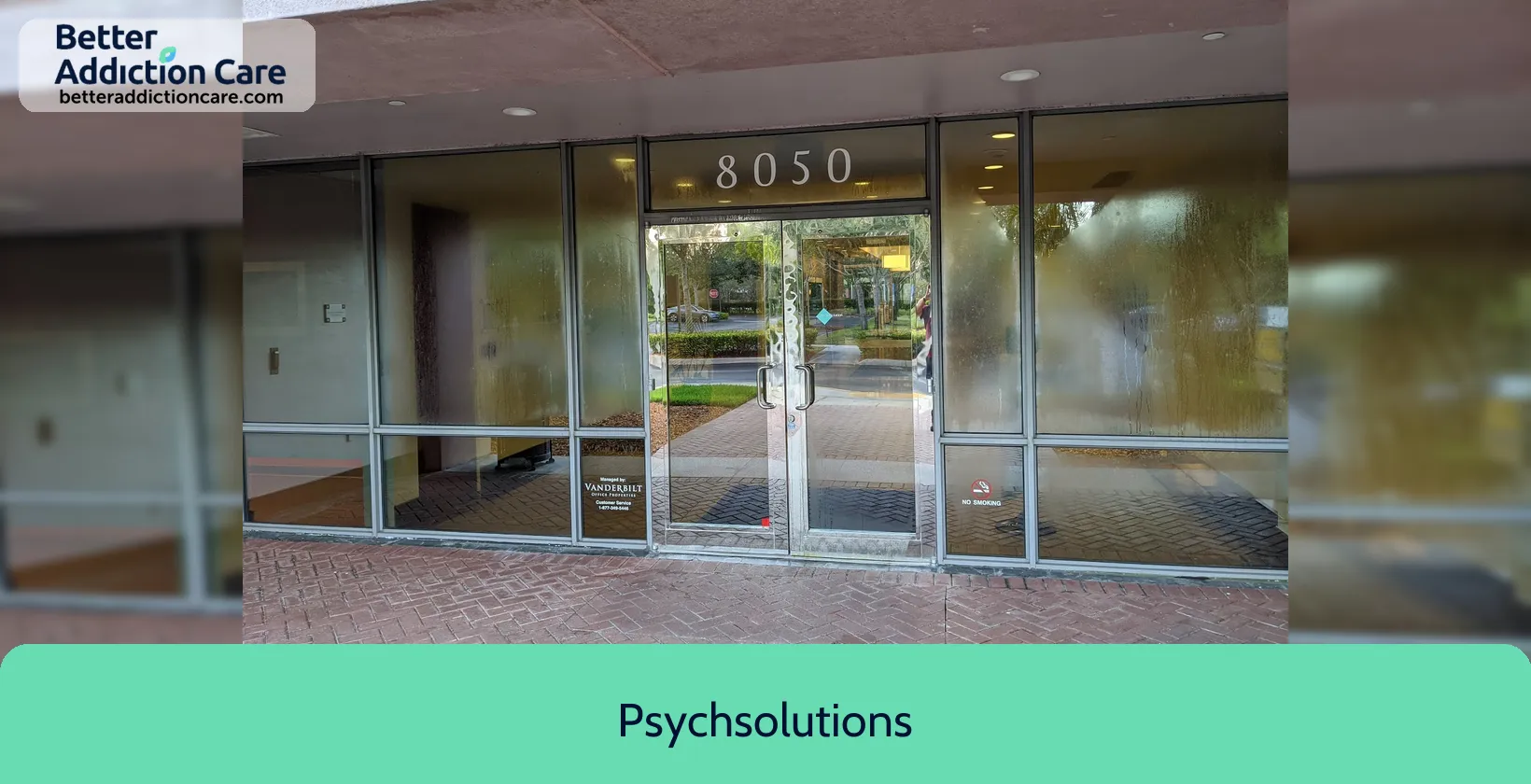
6.68
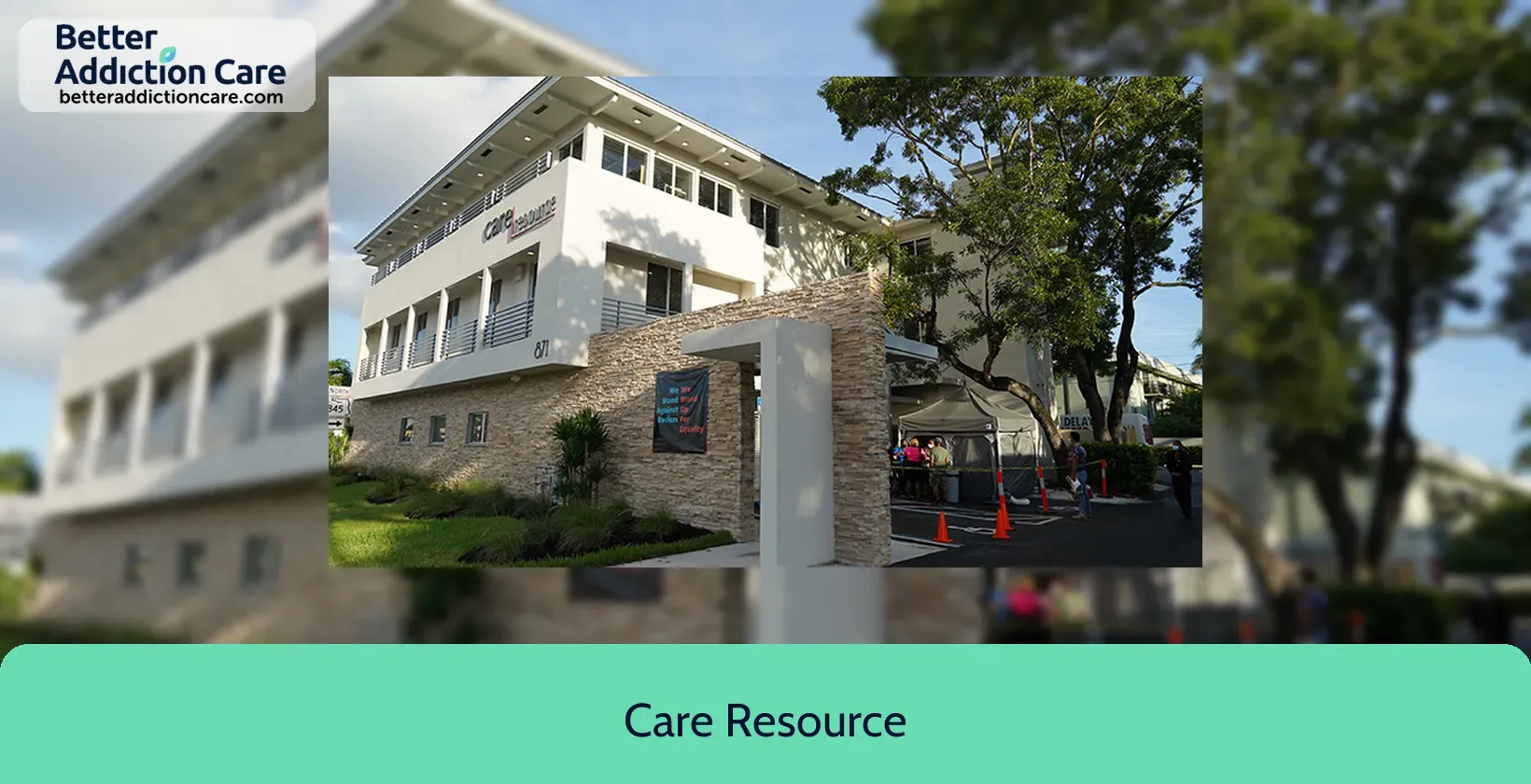
7.47
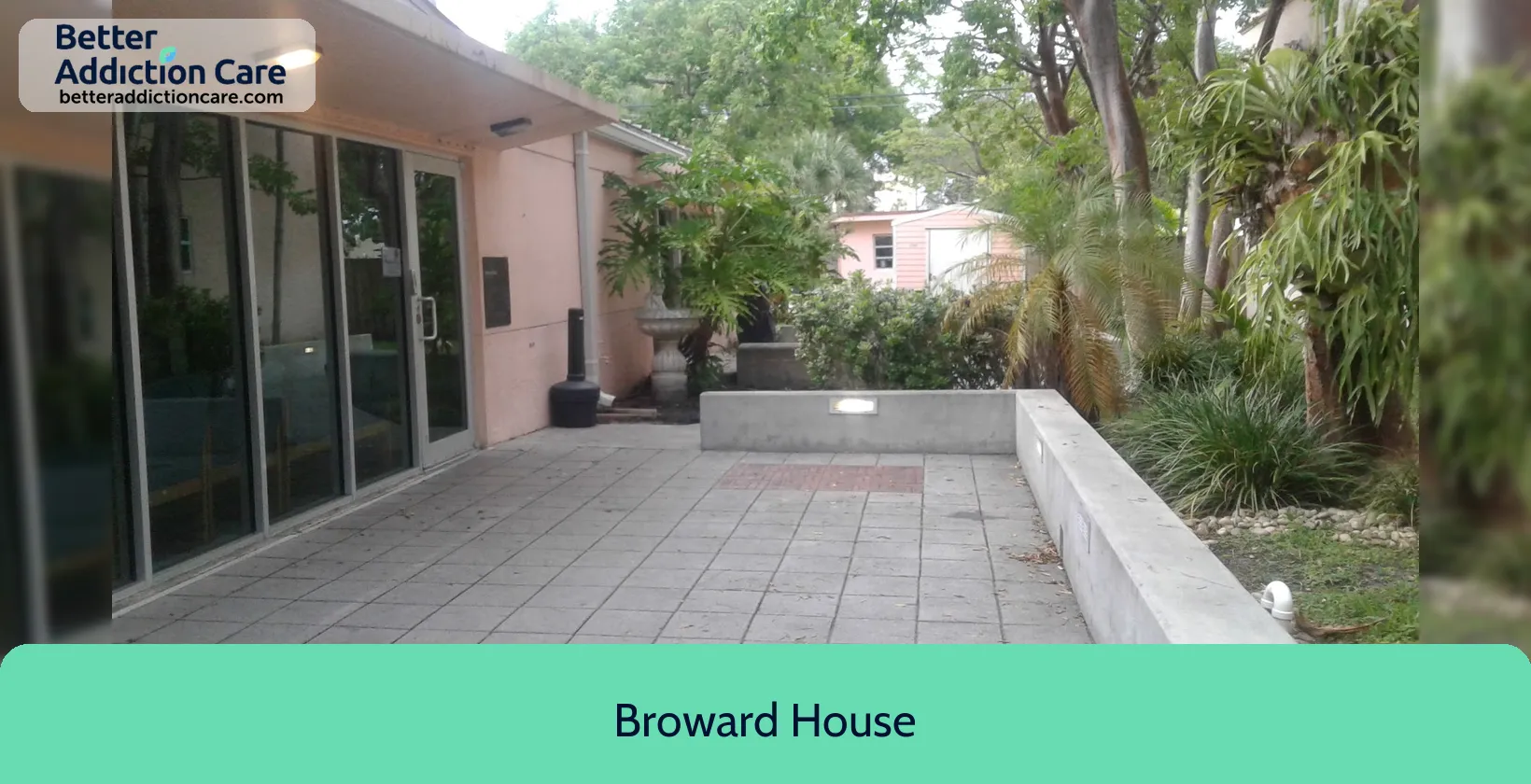
6.83
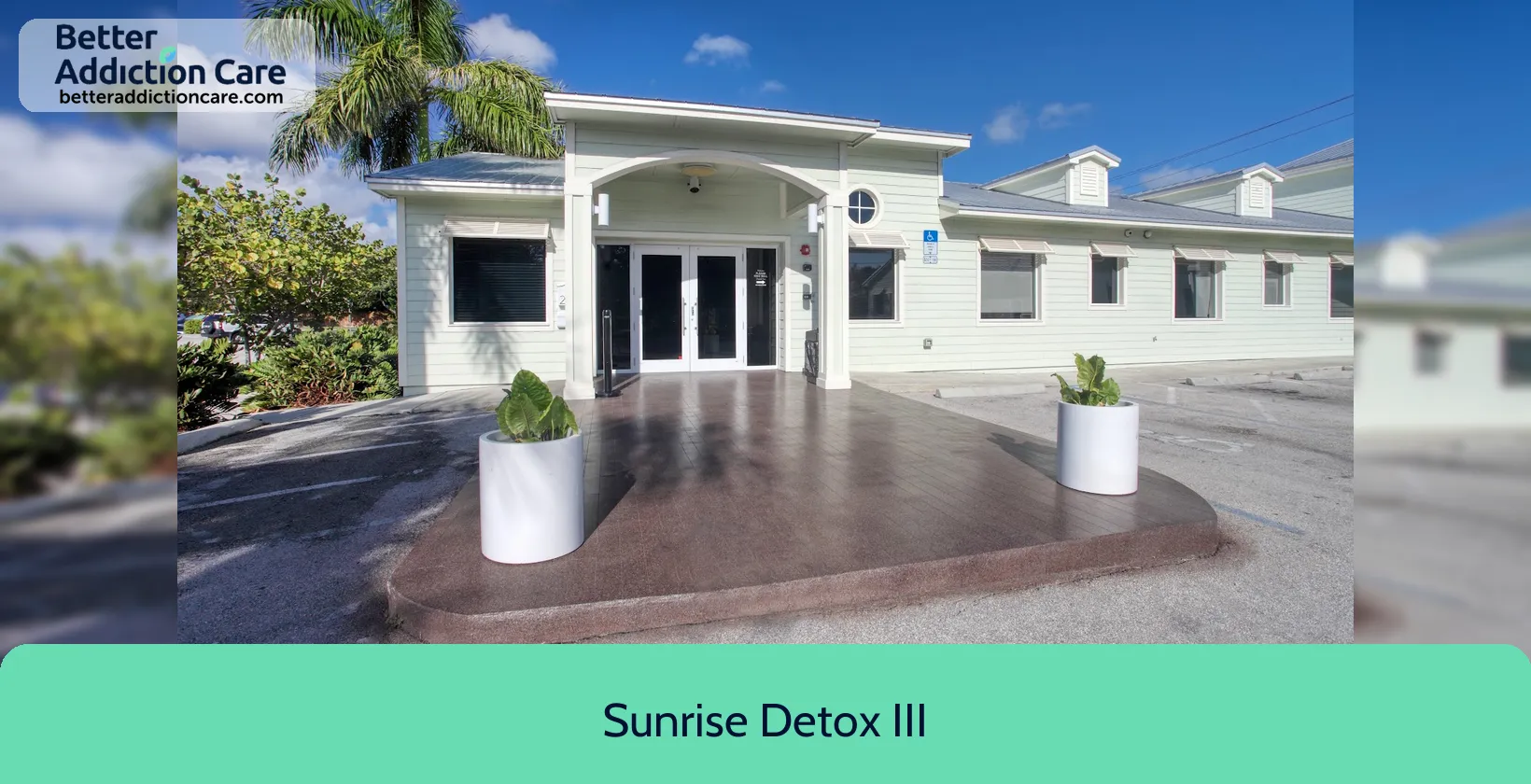
7.04
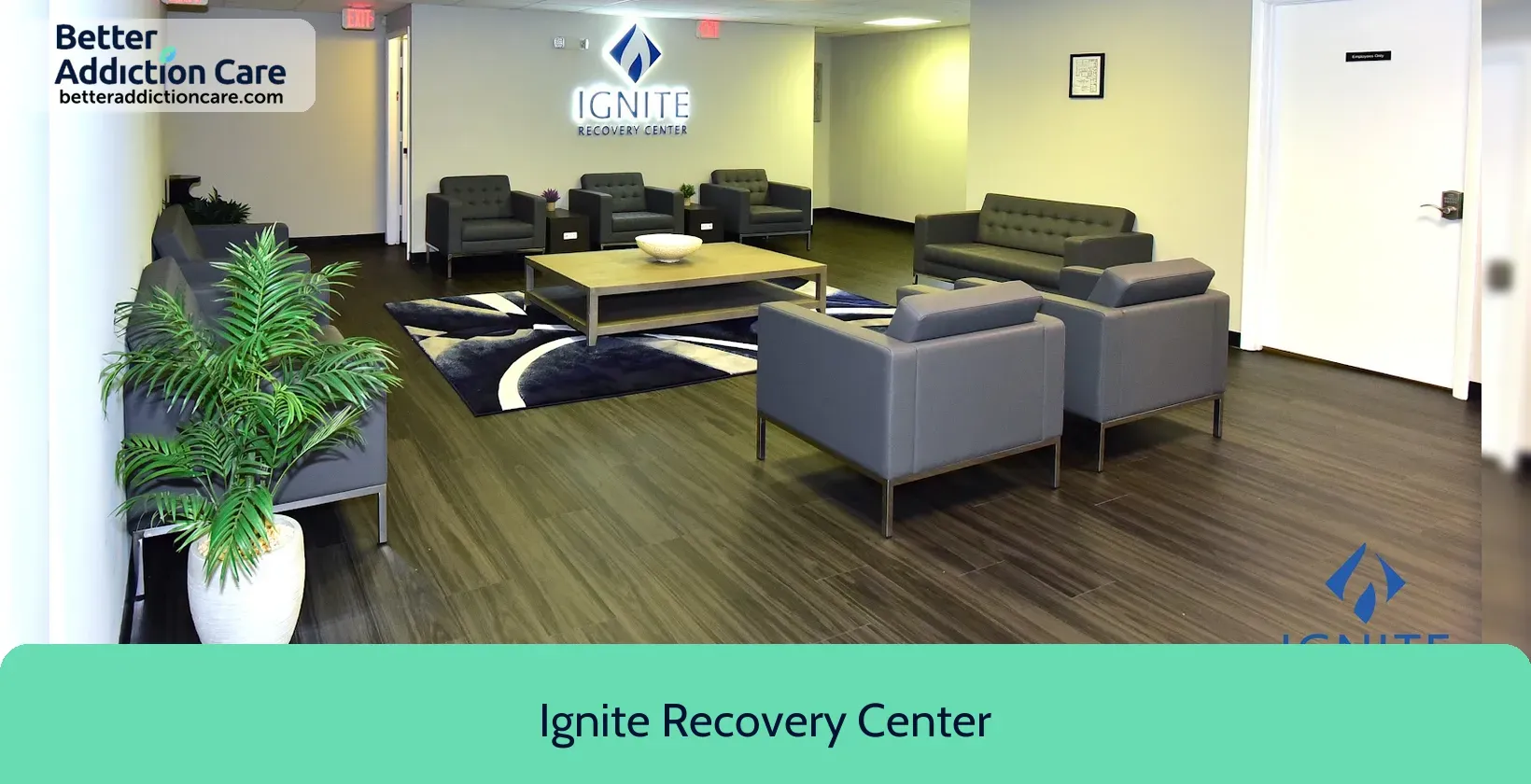
6.99
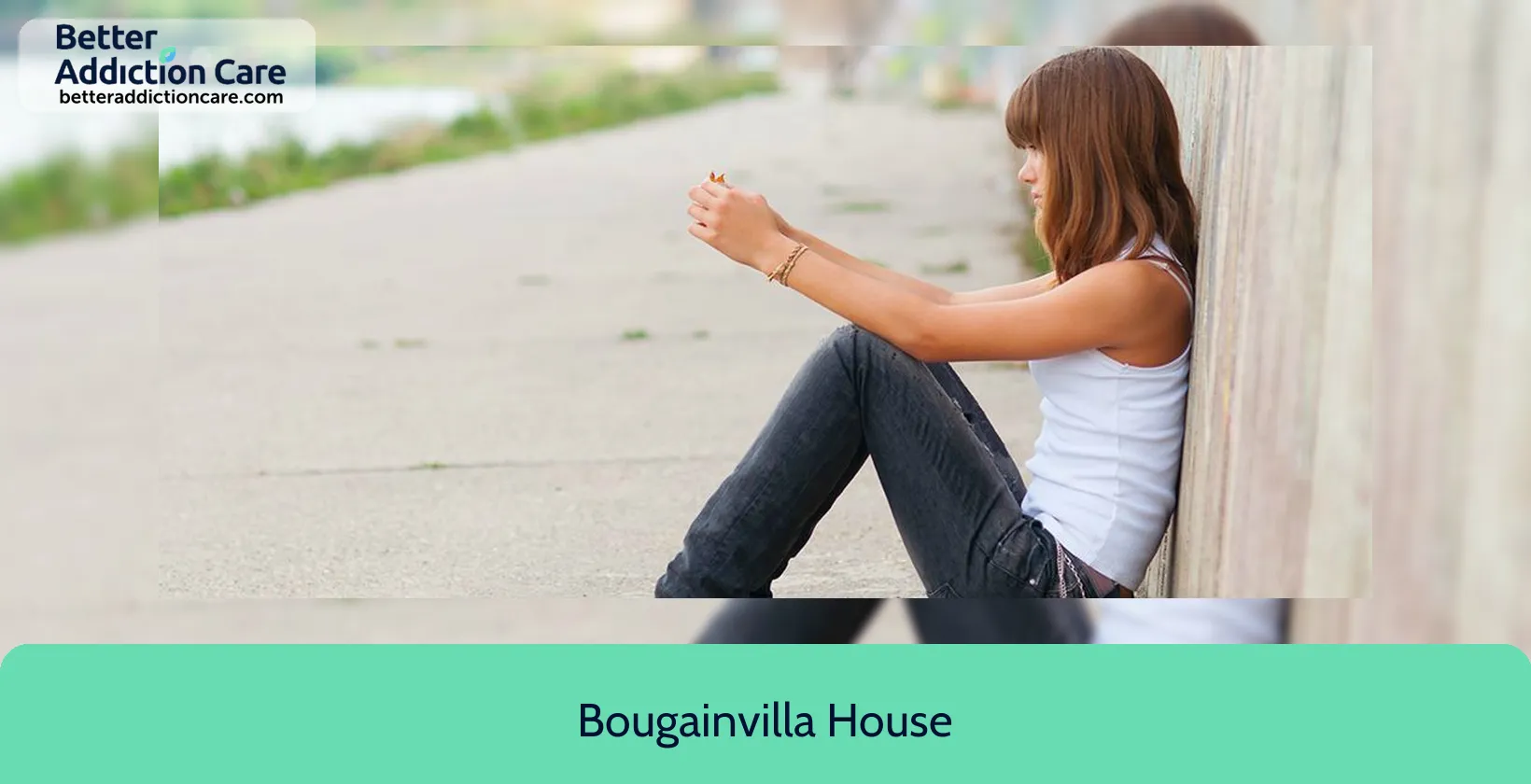
6.83
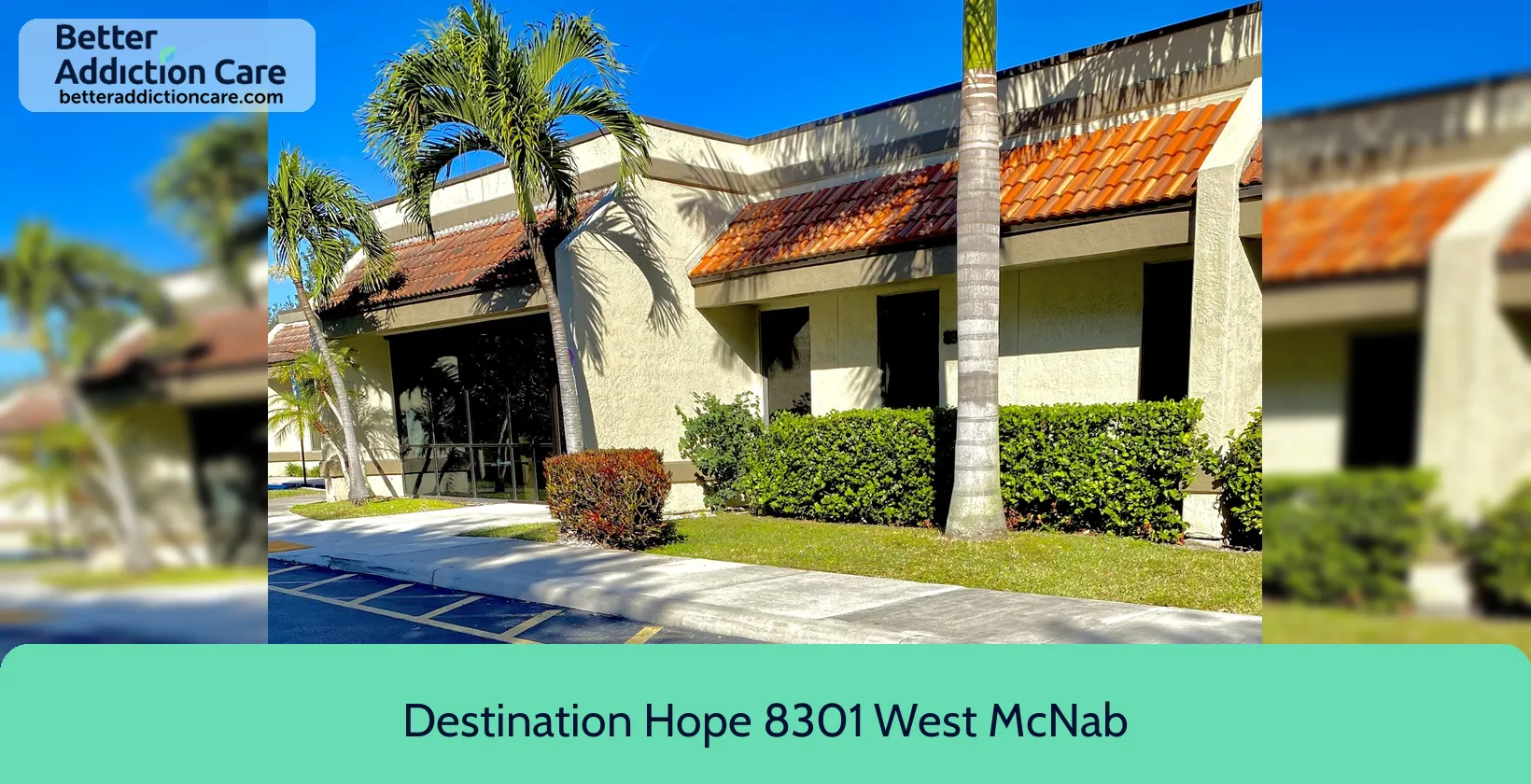
7.77
DISCLAIMER: The facility name, logo and brand are the property and registered trademarks of Destination Hope 8301 West McNab Road, and are being used for identification and informational purposes only. Use of these names, logos and brands shall not imply endorsement. BetterAddictionCare.com is not affiliated with or sponsored by Destination Hope 8301 West McNab Road.
